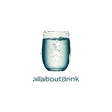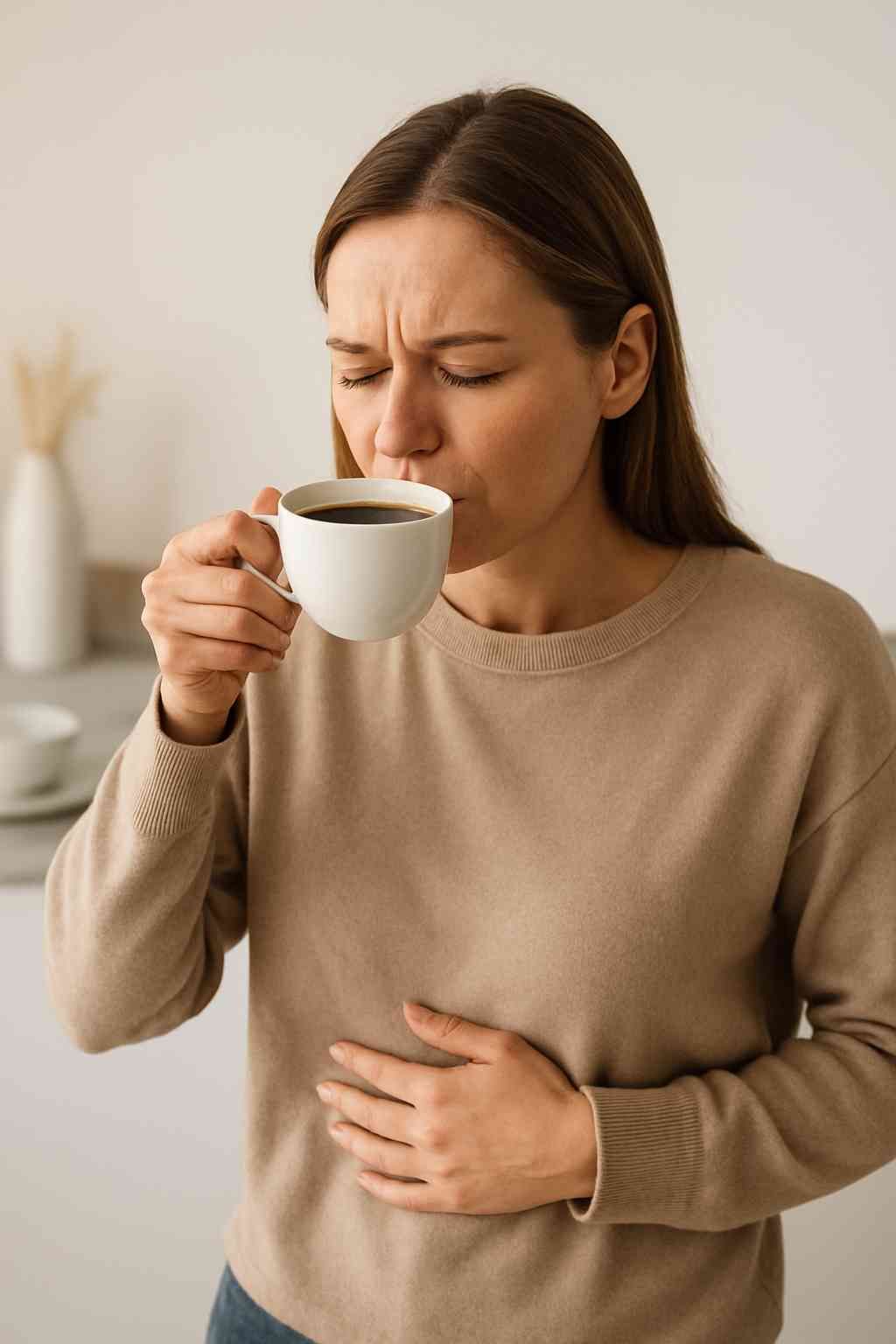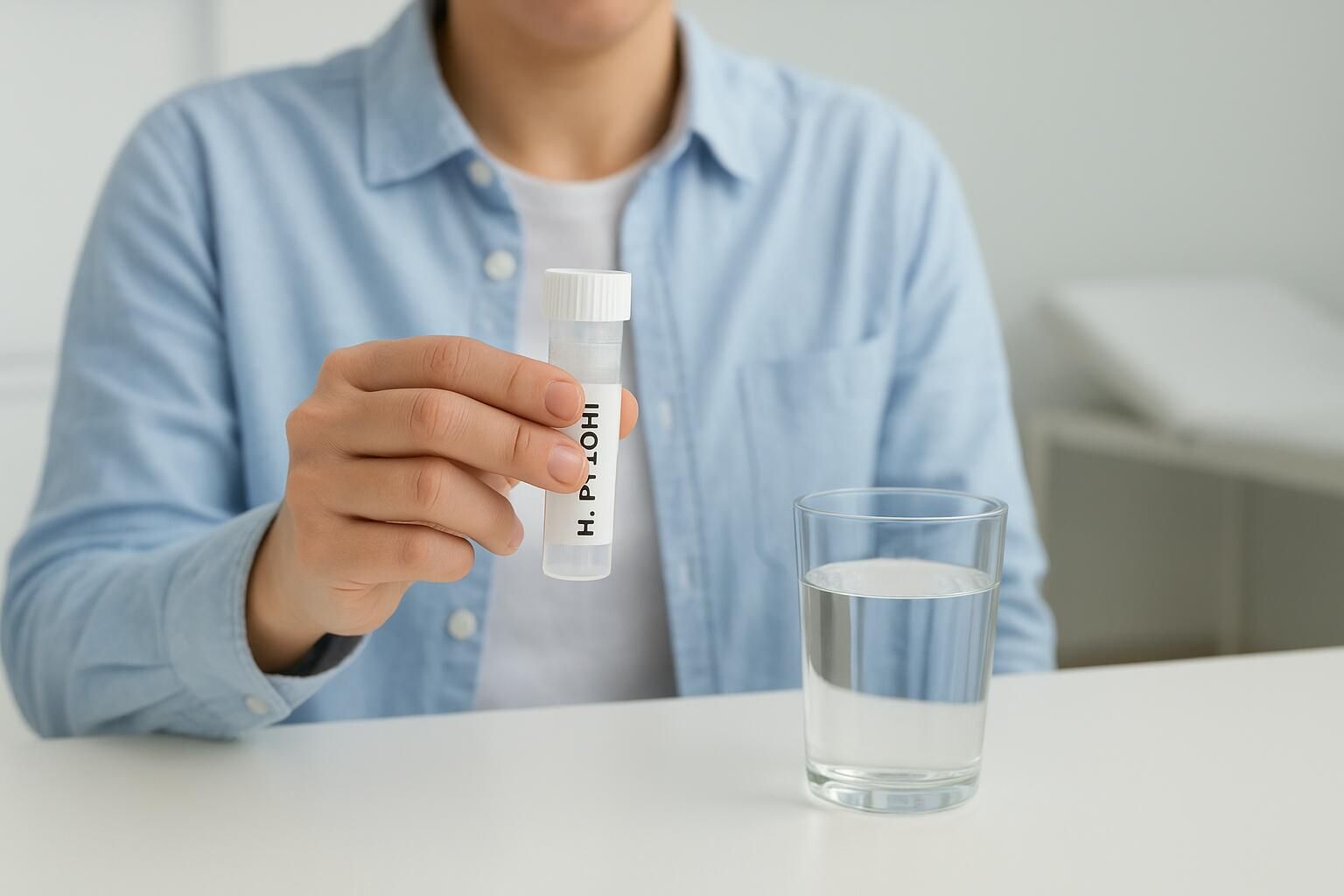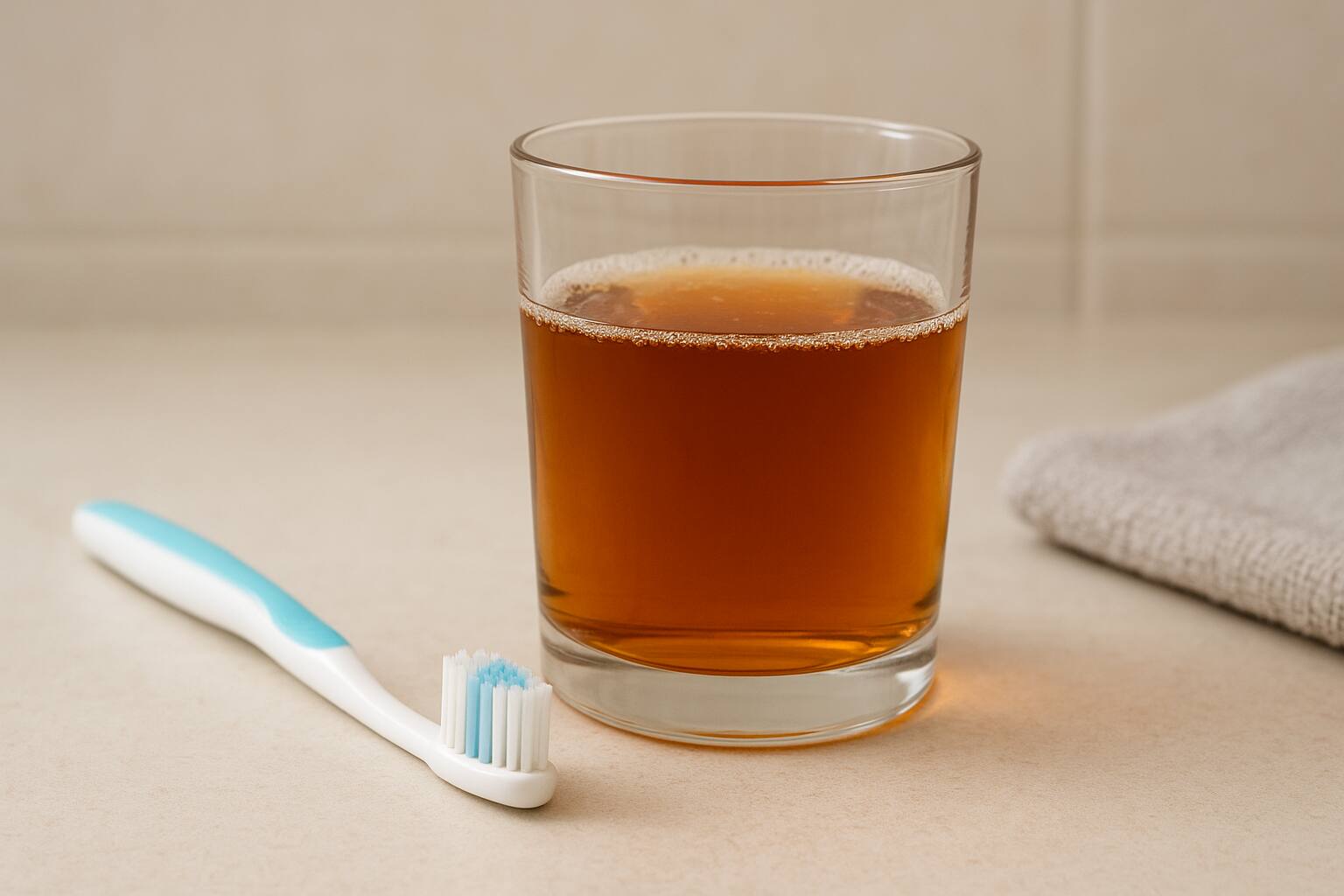Yes — coffee’s natural acids, caffeine, and added ingredients like milk or sugar can sometimes cause bloating, gas, or digestive discomfort. When you drink coffee, it stimulates acid production in the stomach and speeds up digestion, which can lead to excess gas for sensitive individuals. The effect is stronger when consumed on an empty stomach or in large amounts.
Introduction
For many people, that morning cup of coffee is non-negotiable — a quick boost that wakes up the body and sharpens the mind. But for others, it can come with an uncomfortable side effect: gas or bloating. If you’ve ever noticed your stomach feeling tight or gassy after drinking coffee, you’re not alone. Coffee affects digestion in several ways, and while it doesn’t cause gas for everyone, its compounds can trigger digestive reactions in certain people. Understanding why this happens can help you enjoy coffee without discomfort. In this article, we’ll explore how coffee interacts with your gut, why it sometimes leads to gas, and simple ways to prevent it — so you can sip your favorite brew with confidence.
How Coffee Impacts the Digestive System
Coffee doesn’t just wake up your mind — it also wakes up your digestive system. The caffeine and natural acids in coffee stimulate the production of stomach acid and digestive enzymes, which help break down food more efficiently. For some people, this mild stimulation promotes healthy digestion. However, for others with sensitive stomachs, it can cause irritation or discomfort.
Caffeine also triggers the muscles in your colon to contract, which speeds up the movement of food through your gut. This is why many people feel the urge to use the bathroom shortly after drinking coffee. While this effect is harmless for most, it can sometimes lead to excess gas or bloating if digestion happens too quickly.
In short, coffee’s impact on digestion depends on your body’s sensitivity, how much you drink, and whether it’s consumed on an empty stomach.
Can Coffee Actually Cause Gas and Bloating?
Yes — for some people, coffee can cause gas and bloating, though not always for the reasons you might think. Coffee naturally increases acid production and stimulates the intestines, which can speed up digestion and cause air to move through your system more quickly. This may leave you feeling bloated or gassy, especially if you drink coffee on an empty stomach.
Additives such as milk, cream, or sweeteners can also worsen symptoms, particularly if you’re lactose intolerant or sensitive to artificial ingredients. Even black coffee, with its natural acids and caffeine, can irritate the stomach lining in sensitive individuals. The good news? Understanding your triggers — and adjusting your coffee routine — can significantly reduce discomfort without giving up your daily cup.

Mechanisms Behind Coffee-Induced Gas
| Mechanism | How It Works | Effect on Digestion | Who It Affects Most |
|---|---|---|---|
| Caffeine stimulation | Increases stomach acid production and speeds up digestive movement (gastric motility). | Can trap air, leading to gas and bloating. | People with sensitive stomachs or acid reflux. |
| Chlorogenic acids | Boost stomach acidity and can irritate the gut lining. | Causes discomfort, bloating, or heartburn. | Individuals sensitive to acidic foods or drinks. |
| Gastrin release | Coffee triggers gastrin, a hormone that stimulates bowel activity. | Acts as a mild laxative, increasing gas production. | Those prone to IBS or fast digestion. |
| Additives (milk, cream, sugar) | Lactose or artificial ingredients interact with stomach acids. | Leads to extra gas or bloating. | Lactose-intolerant individuals or those sensitive to sweeteners. |
Who Is Most Likely to Experience Gas from Coffee?
Not everyone reacts to coffee the same way. People with sensitive stomachs, acid reflux, or irritable bowel syndrome (IBS) are more likely to experience gas or bloating after drinking coffee. The caffeine and acidity in coffee can overstimulate the digestive tract, making these conditions flare up.
Those who drink coffee on an empty stomach often notice stronger effects since there’s no food to buffer the acid production. Additionally, individuals who are lactose intolerant or add milk, cream, or sweeteners may find these ingredients harder to digest, further increasing gas formation.
If you notice persistent discomfort after coffee, it might help to track what kind you drink, how it’s brewed, and what you add to it—small changes can make a big difference.

Ways to Reduce Gas from Coffee
If coffee tends to upset your stomach, a few simple adjustments can help. Start by switching to low-acid or cold brew coffee, which is gentler on digestion. Avoid drinking coffee on an empty stomach, as food can buffer its acidic effects. Limiting added dairy, sugar, and artificial creamers can also reduce bloating and gas.
For some, gradually cutting back on caffeine helps the digestive system adapt better. You can also try drinking water alongside your coffee to stay hydrated and aid digestion. If discomfort continues, consider alternatives like green tea or chicory coffee, which provide energy with less stomach irritation.
FAQs About Coffee and Gas
1. Why does coffee make me gassy or bloated?
Coffee can stimulate acid and digestive enzyme production, which may lead to bloating or gas—especially if consumed on an empty stomach or in excess.
2. Does decaf coffee cause gas too?
Yes, though usually less than regular coffee. Decaf still contains some acids and compounds that can irritate the digestive tract, but it’s generally easier on the stomach.
3. Which coffee is easiest to digest?
Cold brew and low-acid coffees are often gentler options. You can also try dark roasts, which contain slightly less acid than lighter roasts.
4. Can I drink coffee with IBS or acid reflux?
If you have IBS or reflux, limit coffee intake and avoid additives like dairy or artificial sweeteners. Opt for smaller servings and see how your body responds before increasing consumption.





